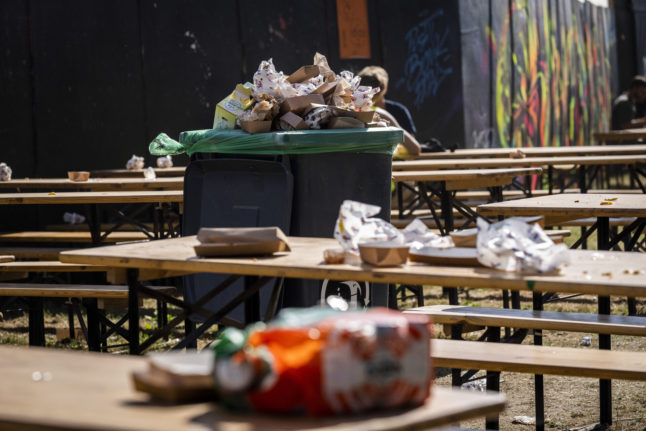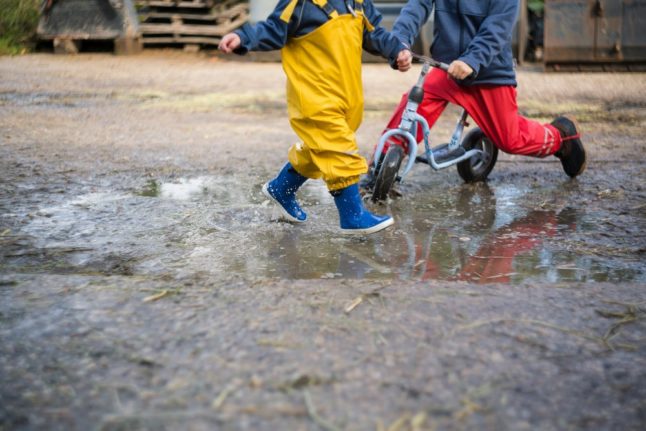The Copenhagen Municipality’s urban environment department (Teknik- og Miljøforvaltningen) has announced the launch of a new scheme it says could promote the use of recyclable takeaway packaging.
This will be done using a special fund which the city government will use to support restaurants and businesses which decide to switch to using recyclable packaging, Copenhagen Municipality said in a statement.
The scheme will run as a two-year trial with a budget of 1 million kroner in both 2024 and 2025.
“We live in a fantastic big city with many good options for eating out,” the elected head of the Copenhagen Municipality environment section, Line Barfod, said in the statement.
But “at least 200 tonnes of takeaway packaging” are thrown in the city’s waste containers each year, she said.
“That is sad for the city and for the climate because it creates so much waste. That’s why I’m delighted that we as a city administration can now test how things work when the packaging is gathered, cleaned and reused,” she said.
Businesses who want to participate in the scheme will be able to apply for municipal funding for 50 percent of the costs of switching to recyclable packaging.
The pilot project also seeks to test and demonstrate different systems for return and reuse of packaging.
Successful ideas can later be rolled out over a larger area, the municipality said.
Restaurants and other businesses were last week invited to attend a briefing about the pilot project, and can apply for funding via the Copenhagen Municipality website.



 Please whitelist us to continue reading.
Please whitelist us to continue reading.
Member comments